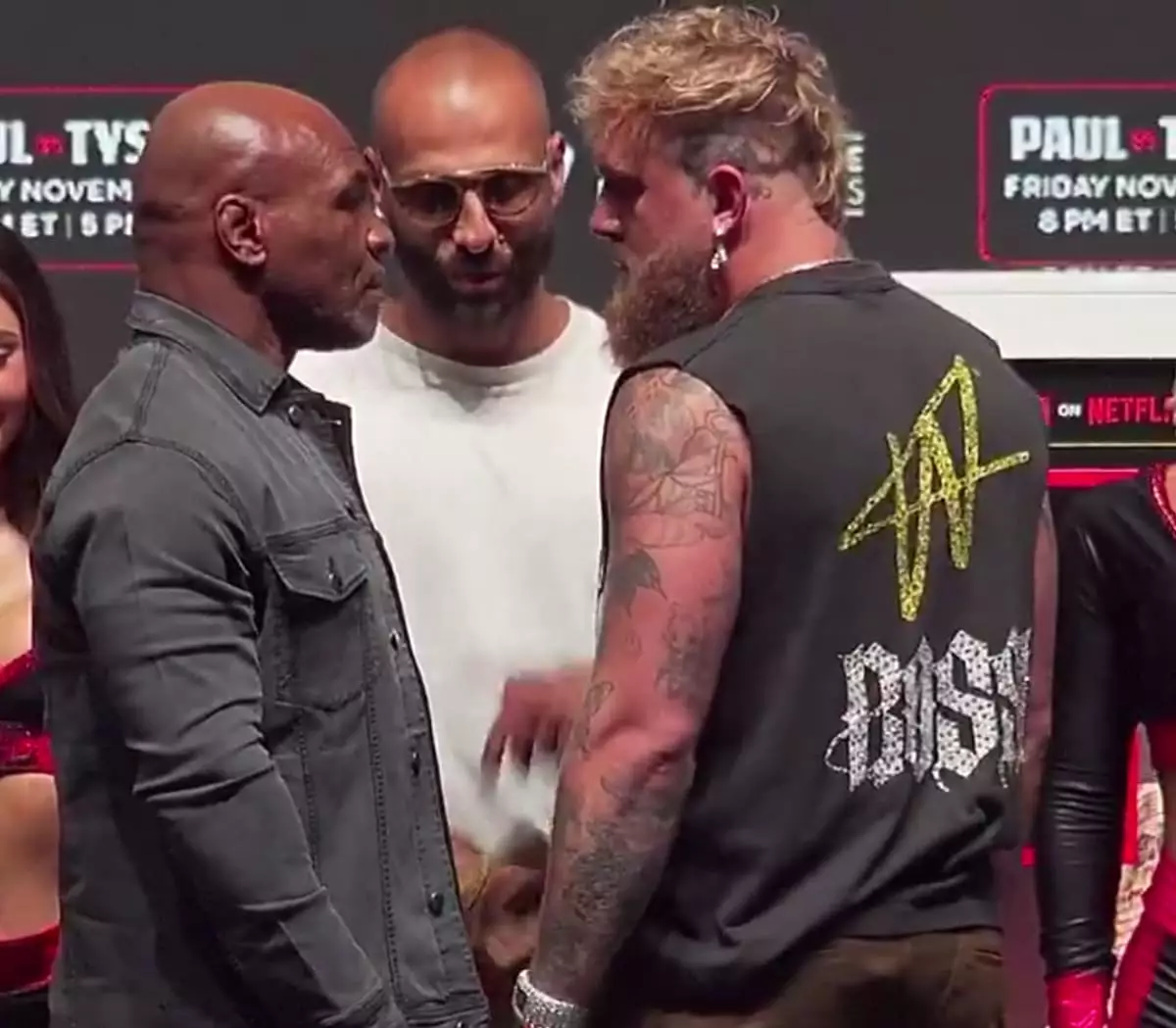The upcoming bout between Jake Paul and Mike Tyson has become a topic of heated debate among boxing enthusiasts. Many experts are skeptical about the prospects of Paul, a 27-year-old YouTuber with a record of 10-1, stepping into the ring with one of the sport’s most formidable heavyweights of all time. Shane Mosley, a retired world champion, emphasized the challenge that Paul will face against Tyson, particularly in terms of punching power and experience.
Jake Paul’s emergence in the boxing world has raised eyebrows and garnered substantial media attention. His journey from vlogger to pugilist is a testament to the evolving landscape of sports, where social media influence can convert an entertainer into a fighter almost overnight. However, the concern lies in the question of skill versus popularity. While Paul can boast a robust social media following and a decent record, the fact remains that his victories have oftentimes come against older opponents from the MMA circuit who lack a boxing background. This lack of experience in true boxing competition could prove disastrous when facing someone like Mike Tyson, known for his incredible knockout power and aggressive style.
Conversely, Mike Tyson is a name synonymous with boxing greatness. Even though he is nearing 60 years of age, his legacy as a former heavyweight champion and his unparalleled punching power make him a daunting adversary. Mosley rightly pointed out that the Tyson from any stage of his past—whether in his prime or even in the twilight of his career—would possess the skill set and ferocity required to dismantle an unconventional contender like Paul within a few rounds. This stark contrast in experience and career trajectories raises serious questions about the fairness of this matchup.
As Shane Mosley articulated, the puncher’s ability and tactical acumen in the ring matter greatly. While there is always the possibility of scoring a lucky shot—a fleeting notion that Paul might connect with Tyson’s chin—the reality of boxing is often much harsher. Tyson’s history of overcoming opponents with swiftness and determination poses significant risks for Paul. Mosley pointed out that a fighter like Tyson, even in his late forties, would have dominated Paul without breaking a sweat. The idea that an unseasoned fighter can mount a successful challenge against an iconic champion invites skepticism.
Furthermore, Paul’s notable loss to Tommy Fury serves as a stark reminder of his current positioning within the boxing hierarchy. This loss highlights that he may not yet have achieved the attributes necessary to compete with fighters at the elite level. Boxing has a steep learning curve, and Paul’s late start in the sport indicates that he might still be in the formative stages of his boxing career. By taking on an opponent like Tyson, Paul risks further exposing his limitations as a fighter, rather than proving himself as a legitimate contender.
In summation, the proposed bout between Jake Paul and Mike Tyson raises intriguing questions about the nature of modern boxing, celebrity influence in sports, and the genuine mismatch in skill levels. While Paul’s ambition should be acknowledged, it is crucial to consider the realities of the sport—especially when pitted against an indomitable figure like Tyson. The fight may succeed in drawing attention, but it’s unlikely to culminate in a crowning moment for Paul in the world of boxing. Rather, it serves as a reminder of the delicate balance between talent and fame in the evolving landscape of professional sports.

